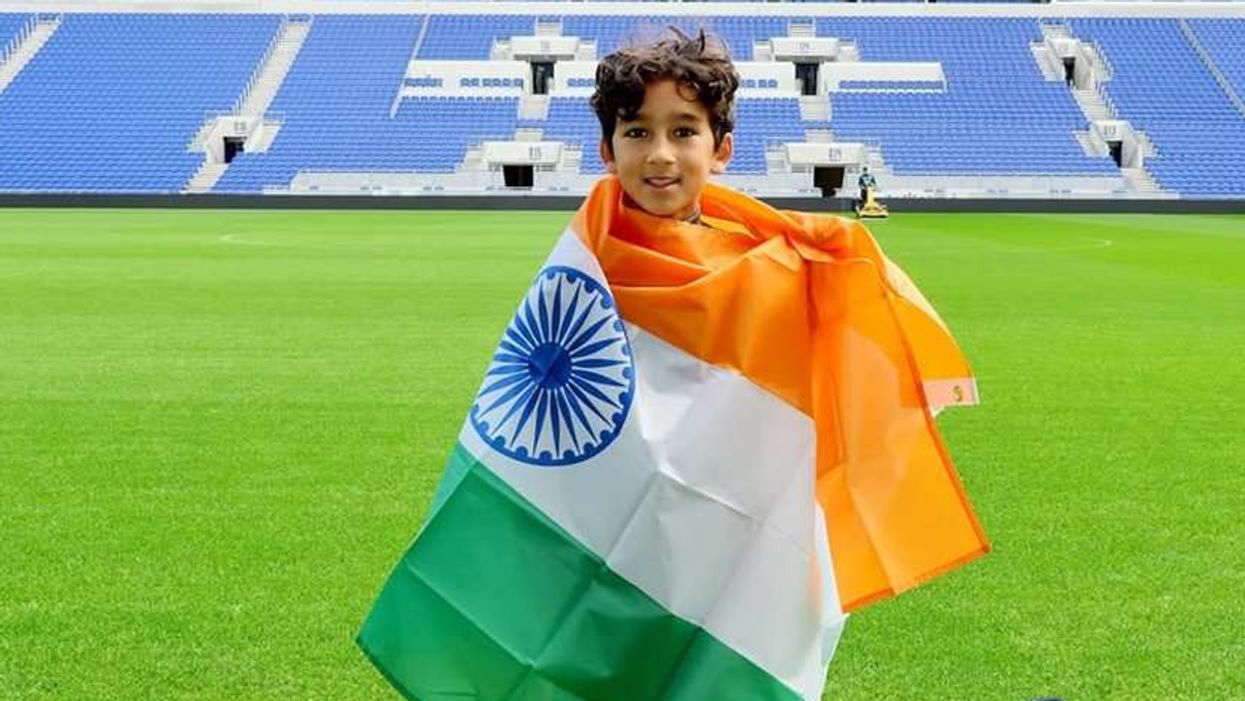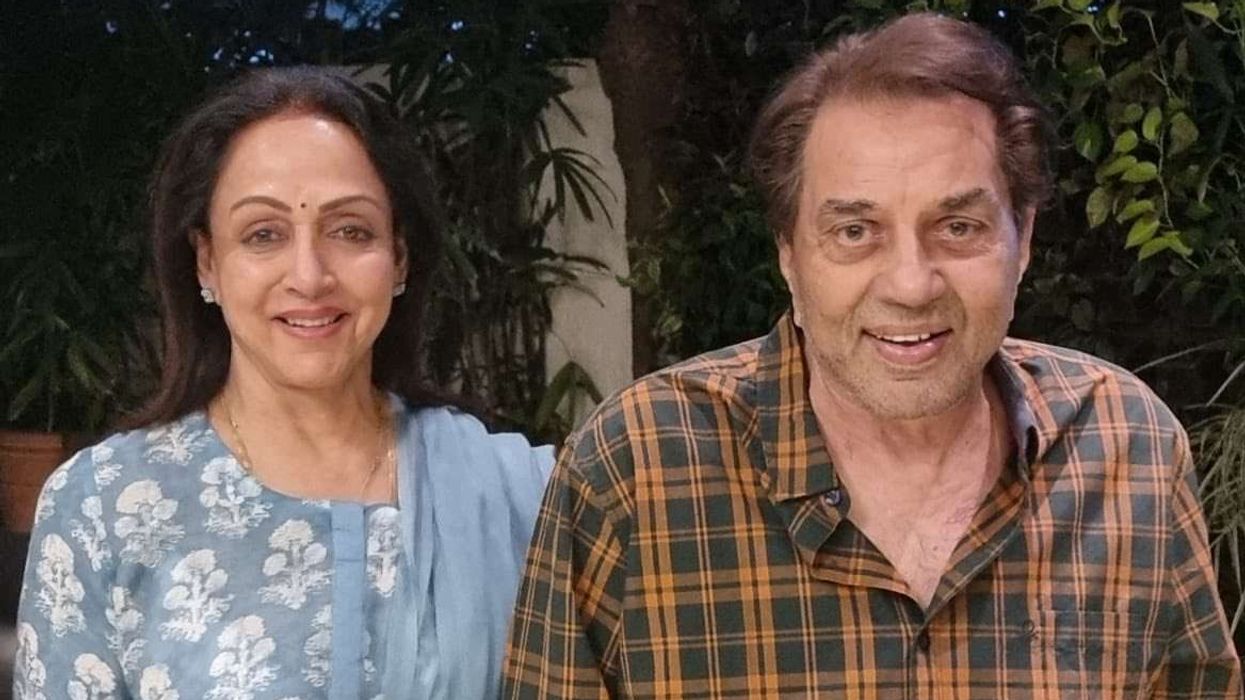SIR HARPAL Kumar’s most satisfying career moment came the day in April 2014 he officially announced that half of all people diagnosed with cancer in the UK were surviving for at least ten years.
At the time he was head of Cancer Research UK (CRUK), the largest independent cancer research charity in the world and a key contributor to the work done by scientists and doctors in turning the tide in the battle against the disease. “Being able to make the announcement that, for the first time in history, as many people now survived cancer long-term as died from it. That’s an incredible thing to be able to announce…Will I ever get to make a more profound announcement in my life? I doubt it.”
Sir Harpal headed CRUK’s research technology division, then was chief operating officer before a seven year stint as CEO. He is credited with sparking a sea change in the charity’s operations which played a significant part in changing the whole field of cancer research, a revolution Sir Harpal describes as “phenomenal.”
A key driver was the threefold increase in fundraising revenue at CRUK, enabling it to fund major new initiatives including the establishment of the Francis Crick Institute – of which Sir Harpal became a trustee – as well as new cancer research centres around the UK, national campaigns to stop young people smoking, work on early symptom diagnosis and radiotherapy research.
“Making tobacco less attractive to kids has to be one of the biggest gifts we can give the next generation. Over the last decade or so, we’ve seen big changes in public attitudes: it’s now far less socially acceptable.”
The importance of spotting cancer early on was another mission dear to his heart. “Politically speaking, we really put the importance of early diagnosis on the map. Back in 2003, almost no-one was talking about it. Now it’s right at the top of the agenda – and that’s something the Charity can be very proud of.”
He says raising £100 million in just four years to help fund the Francis Crick Institute was another “incredible” achievement: “The Institute’s state-of-the-art facilities and world-class scientific minds are already accelerating and deepening our understanding of cancer, ultimately improving the lives of patients across the world.”
He says the “language” around cancer has also completely changed. “Now we discuss it much more openly. We celebrate people surviving it. I’m continually struck by this at Race for Life events. The notices on people’s backs used to be universally in memory of people who’d died. But when you go to a Race for Life today, they’re just as likely to be celebrating someone who’s survived.”
The son of Sikh refugees who fled Pakistan for India before coming to the UK, he grew up in London where he helped out in the family corner shop. Academic prowess took him via Latymer school to Cambridge University and thence to a job with McKinsey. By the age of 27 he was running the Papworth Trust, the disability charity, before founding Nexan Group, a venture capital backed medical services company.
Knighted in 2016 for services to Cancer, in June 2018 , after his 15 year stint at CRUK, he joined Johnson & Johnson, the world’s biggest healthcare company as head of innovation for Europe, the Middle East and Africa. On switching from the voluntary sector, he says. “I love the voluntary sector but I don’t define myself as a voluntary sector person. I define myself as someone who wants to do something about health. That’s what drives me. Whether that’s in the voluntary sector or the commercial sector, I really don’t care.”







